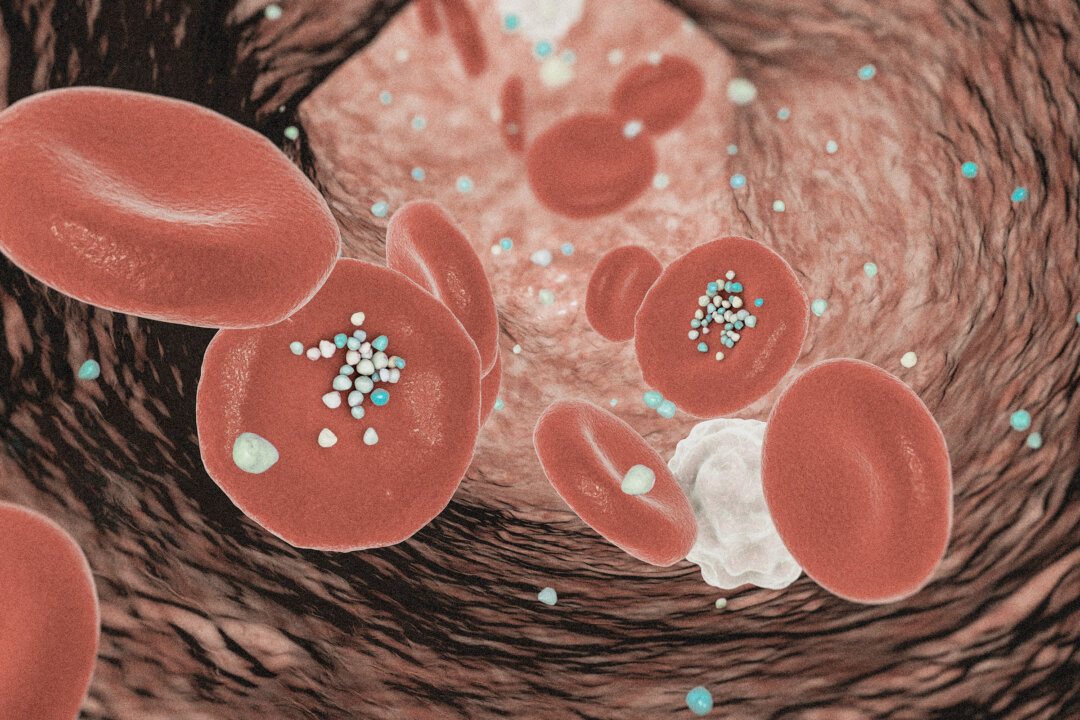Power had almost fully returned to Spain early Tuesday morning as many questions remained about what caused one of Europe’s most severe blackouts that grounded flights, paralysed metro systems, disrupted mobile communications and shut down ATMs across Spain and Portugal . By 6:30am, more than 99 percent of energy demand in Spain had been restored, the country's electricity operator Red Eléctrica said. Power had returned to several regions across Spain and Portugal as the nations reeled from the still-unexplained widespread blackout that had turned airports and train stations into campgrounds for stranded travelers.
Monday night, many city residents, including in Spain’s capital of Madrid , went to sleep in total darkness. The normally illuminated cathedral spires of Barcelona’s Sagrada Familia Basilica became indistinguishable from the night sky. Streets remained deserted even in neighbourhoods where lights flickered back on, as people stayed home after a day of chaos.

“We have a long night ahead,” Spanish Prime Minister Pedro Sánchez said when he addressed the European nation late Monday. “We are working with the goal of having power restored to the entire country.” In Madrid, cheers erupted from balconies where the electricity had returned.
But more than 16 hours after the outage first hit, people all over the Iberian Peninsula were still struggling to call their loved ones, hampered by the loss of mobile phone service. As the metro service stopped, train stations cleared out and shops and offices closed, thousands of people spilled onto the streets of Madrid. Some resorted to hitchhiking.
Others walked hours just to get home. Spanish national TV broadcast images of commuters clambering out of stalled trains in unlit tunnels. Emergency workers in Spain said they rescued some 35,000 passengers stranded along railways and underground.
By 11pm, there were still 11 trains backed up by the power loss awaiting evacuation, Sánchez said. Uncertainty about when power might return fueled frustration and anxiety in major cities. “We feel unsafe, unsure, we don’t know what to do,” said Curt Muriel, a French tourist with her husband and two kids who fled the darkened subway and managed to hail a rare cab to Madrid's city center from the airport.
Officials did not say what caused the blackout, the second such serious European power outage in as many months after a fire at Heathrow Airport shut down Britain’s busiest travel hub on March 20. They said there was little precedent for this kind of widespread electric failure across all of the Iberian Peninsula, with a combined population of some 60 million. Across the Mediterranean Sea , Spain’s Canary Islands, Balearic Islands and the territories of Ceuta and Melilla were spared.
“We have never had a complete collapse of the system,” Prime Minister Sánchez said, explaining how Spain’s power grid lost 15 gigawatts, the equivalent of 60 percent of its national demand, in just five seconds. In his televised address late Monday, Sánchez said that authorities were still investigating what happened. Portugal’s National Cybersecurity Center threw cold water on feverish speculation about foul play, saying there was no sign that the outage resulted from a cyber attack.
Speaking to reporters in Brussels , Teresa Ribera, an executive vice president of the European Commission , also ruled out sabotage. Nonetheless, the outage “is one of the most serious episodes recorded in Europe in recent times”, she said. (FRANCE 24 with APTN).
Health

Power restored in Spain after massive blackout leaves millions stranded

Power returned to Spain early Tuesday after a major blackout disrupted flights, metros, and communications across Spain and Portugal. Authorities said over 99 percent of energy demand was restored, but the cause of the outage remains unclear.















